06/11/2025
USCIS updated Volume 8 of the USCIS Policy Manual to clarify that a Form I-693, Report of Immigration Medical Examination and Vaccination Record, signed by a civil surgeon on or after Nov. 1, 2023, is only valid while the application the Form I-693 was submitted with is pending.
If the application a Form I-693 was submitted with is withdrawn or denied, that Form I-693 is no longer valid. This guidance is effective immediately and applies to applications pending or filed on or after June 11, 2025.
Under this updated policy, if an alien submitted Form I-693 with their Form I-485, Application to Register Permanent Residence or Adjust Status, and then they withdrew their Form I-485 or we denied it, then if they submit a future Form I-485, they must submit a newly completed Form I-693 signed by a civil surgeon.

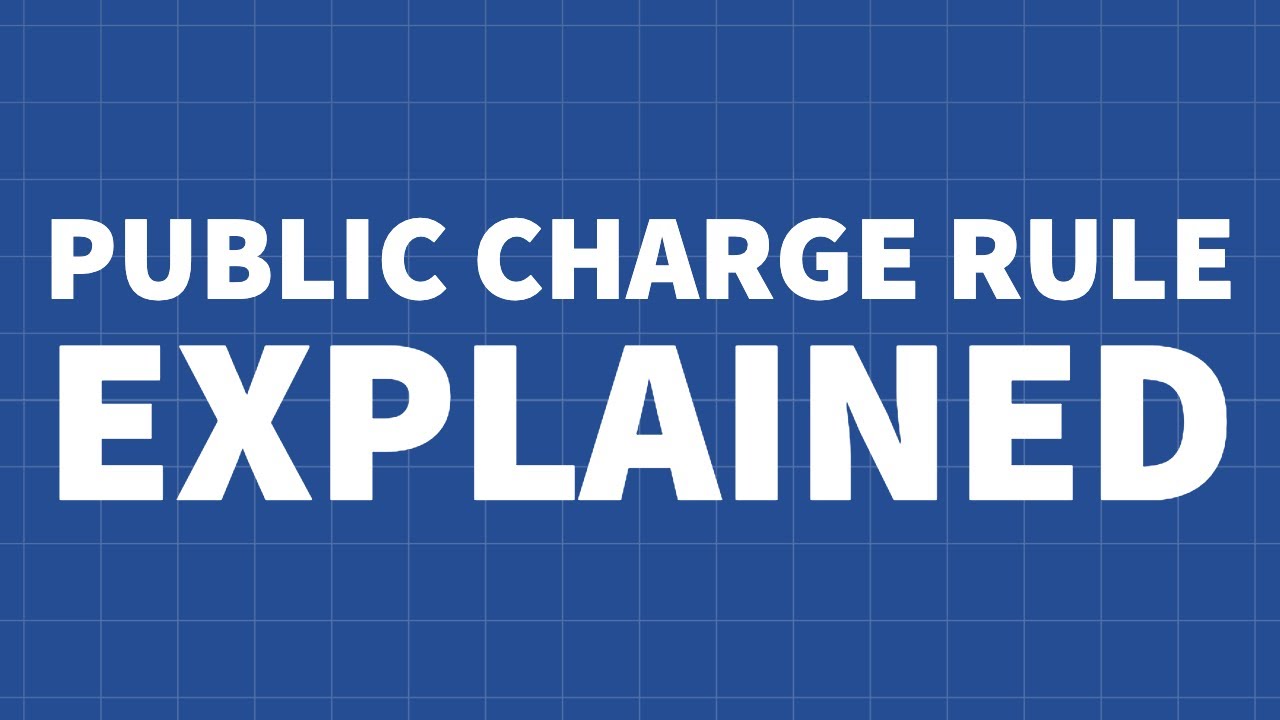
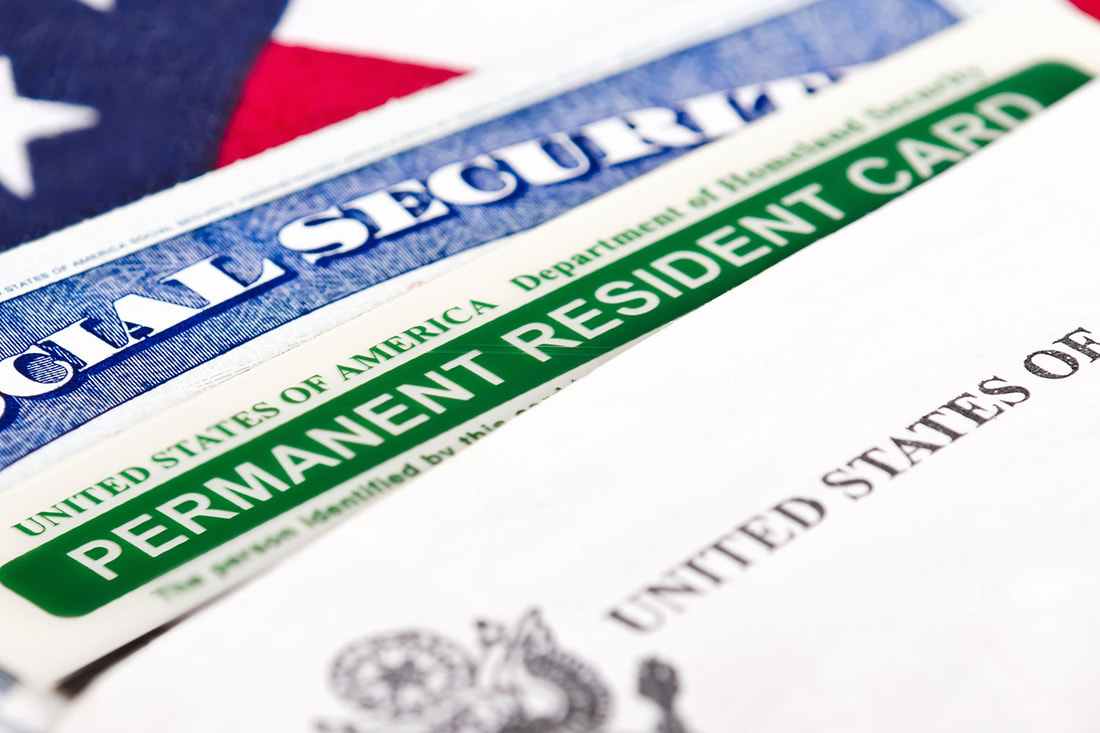
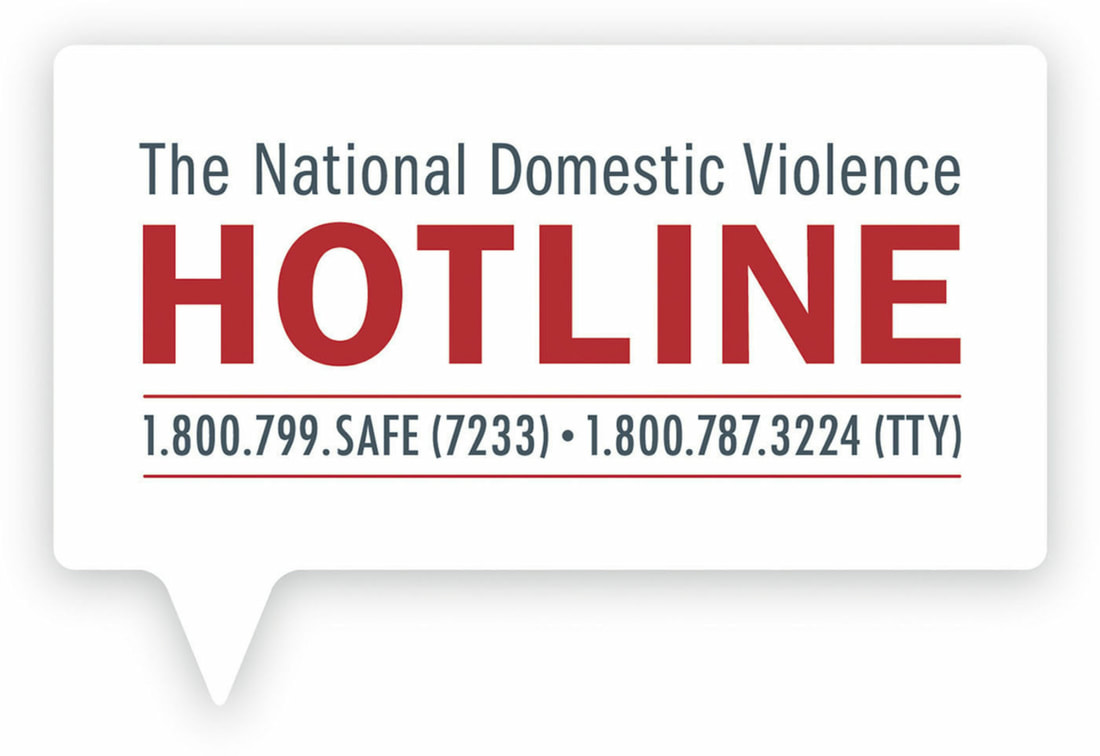

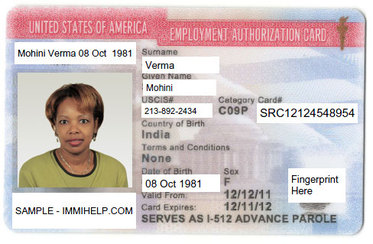
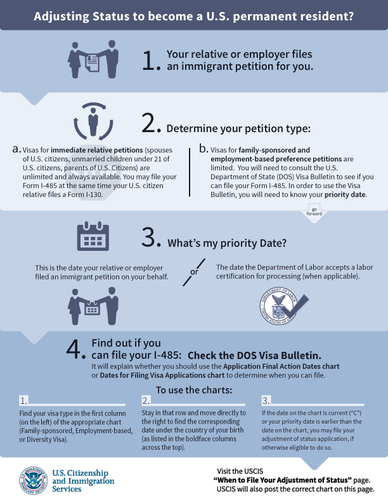

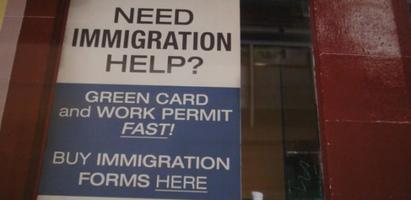
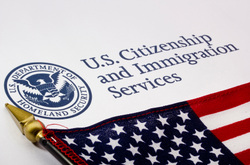

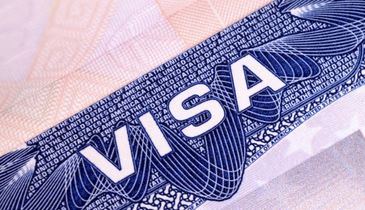
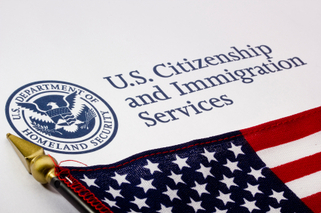

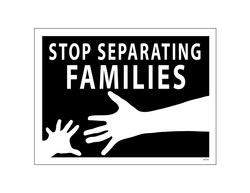


 RSS Feed
RSS Feed